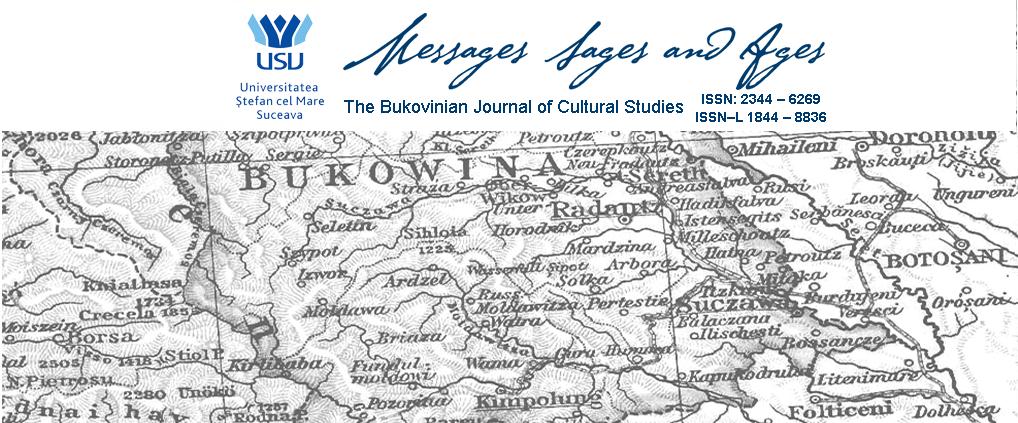This paper focuses on the way in which cultural misrepresentations interfere with the reading of the Romanian versions of Shakespeare’s Hamlet and Macbeth by Adolphe Stern, a Romanian translator of Jewish descent. The two main critical articles are authored by two renowned intellectuals from the historic principality of Moldova, A.D. Xenopol and I. Botez. Despite the fact that the critical opinions issued in the two articles are not enrooted in ethnic discrimination, the potential negativity of the criticism is fully exploited by promoters of extreme nationalism. Two are the reasons that catalyse the negative valorisation of Stern’s translations: the growing xenophobic nationalism that influenced the political decisions at the end of the 19th century, on the one hand, and, on the other hand, the need to create a homogenous space for all Romanians, not only geographically, but also linguistically and culturally, translated in the emergence of a linguistic nationalism. Adolphe Stern, the embodiment of the foreigner, in spite of being born within the limits of the Romanian space, produces texts the value of which is denied, to compensate for the partial loss of identity inherent to all unification processes.
Daniela Maria Marțole
Author
Daniela Maria Marţole is currently a PhD lecturer at the Department of Foreign Studies at Ştefan cel Mare University of Suceava, Romania, Faculty of Letters and Communication Sciences. She teaches seminars and practical courses in the English language, lexicology, and syntax. Her research focuses on the translation of Shakespeare’s play, Macbeth, in Romanian. Other fields of interest are Translation Studies, Discourse Analysis, Cultural Studies, Victorian Literature
